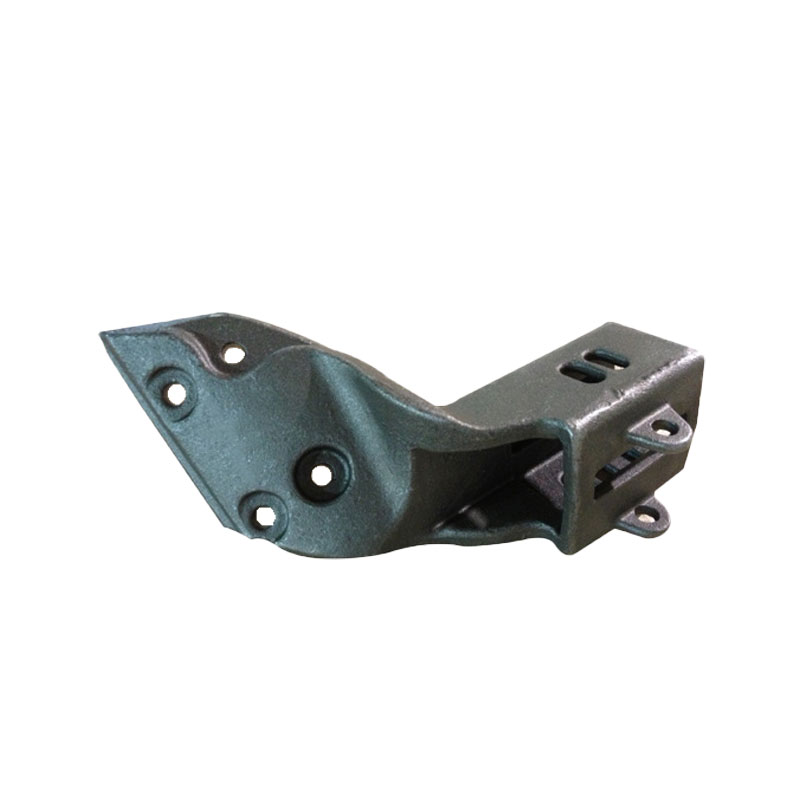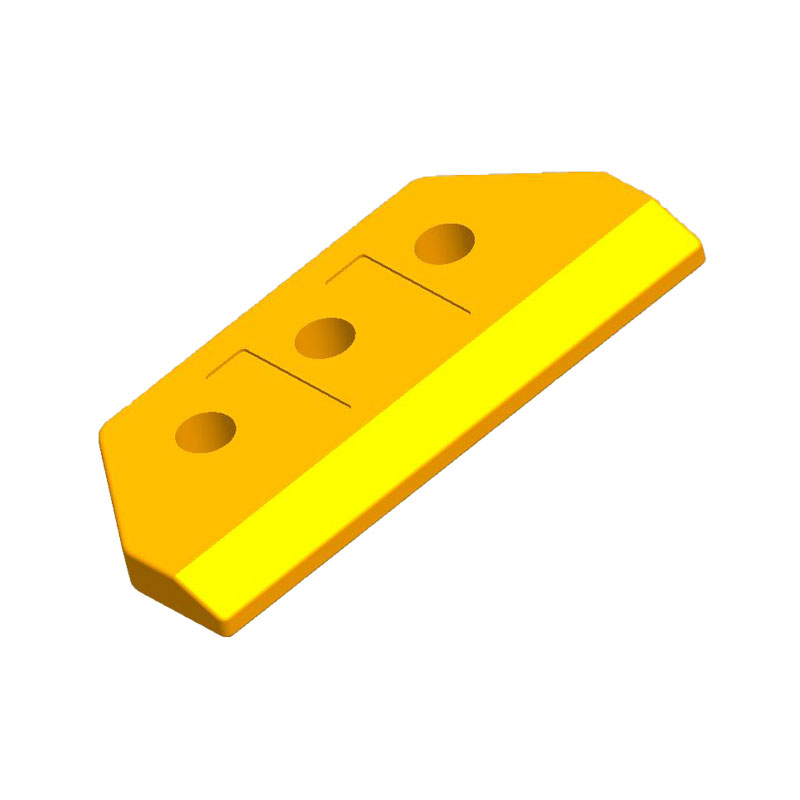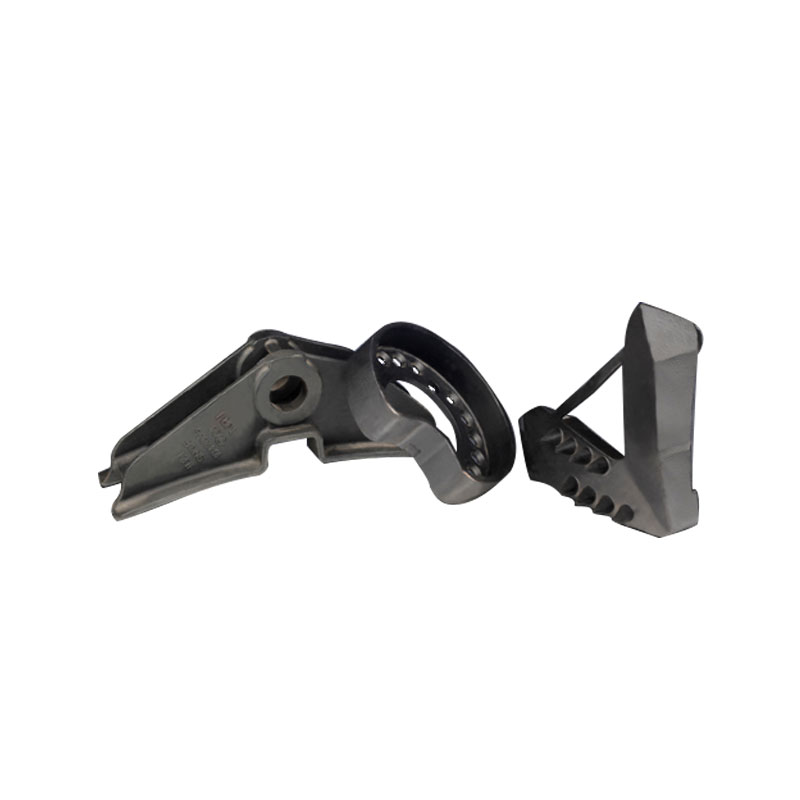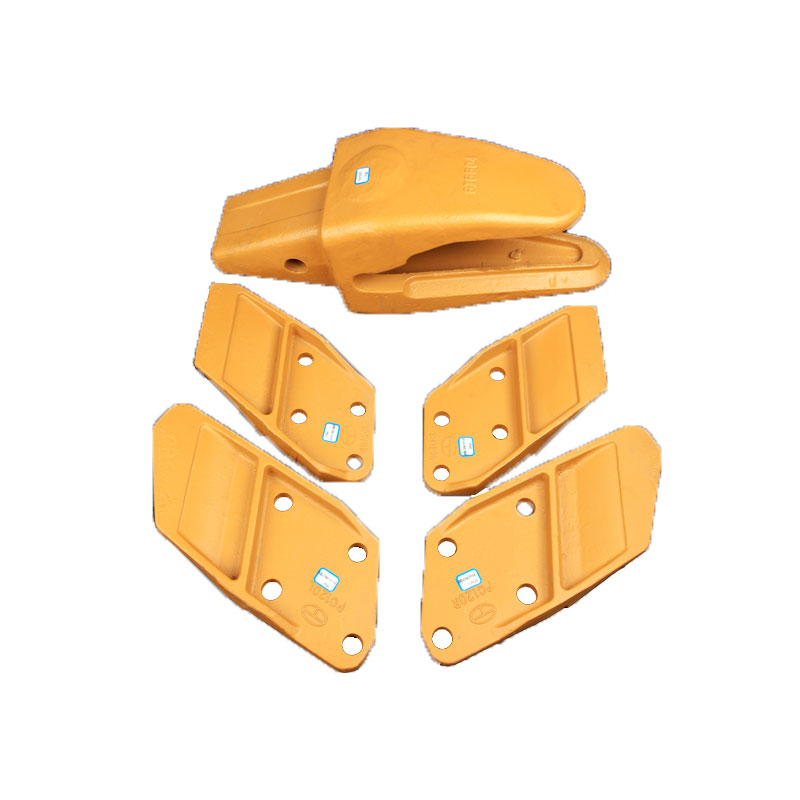The global economy is facing several problems and conce […]
The global economy is facing several problems and concerns after the outbreak of COVID-19, a new virus that has caused lockdown regulations in many countries. This has disrupted Steel Casting trade and affected the global economy in three ways-the supply chain, the market, and financial markets. Keeping track of the situation, analysts have predicted remunerative prospects for producers following this outbreak. A recent report provides an in-depth analysis of the latest scenario, as well as its effect on the industry as a whole.
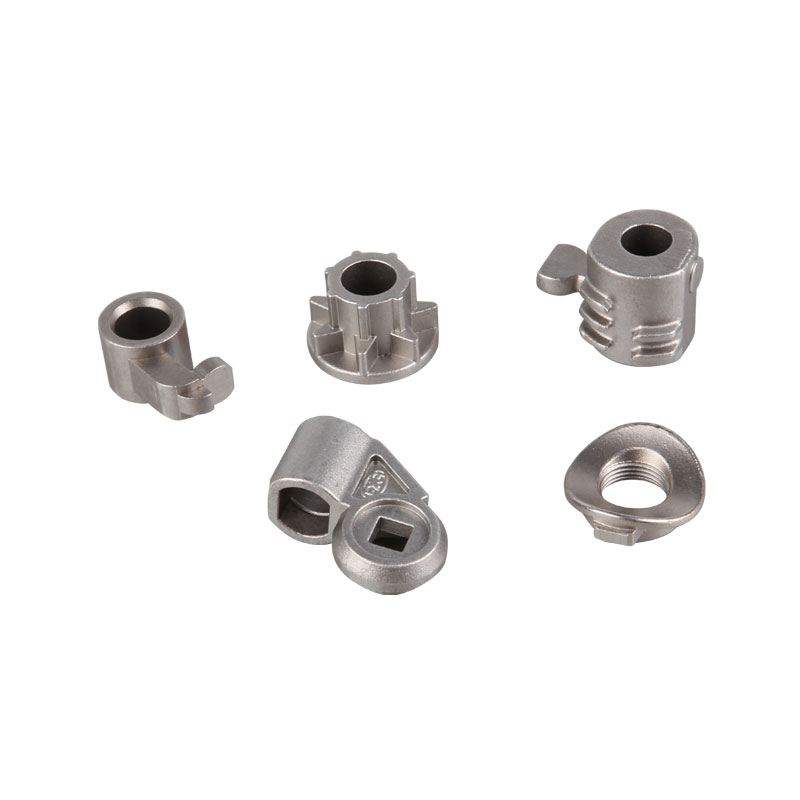
Stainless steel castings are one of the most commonly used materials in various industries. Their uniformity, strength, and durability are the reasons why this material is so popular. Stainless steel casting manufacturers have several different types of stainless steel castings. Forging, in contrast, is a process that involves applying pressure and force on a piece of stainless steel. This process aligns the grain structure, making it stronger and more durable. The only difference between forged and casted stainless steel is that forged stainless steel requires pre-machining and may not portray the same degree of uniformity as a casted piece.
The first step in preparing a stainless steel casting is to create a mold. The mold must be made of a suitable material. Stainless steel castings are available in two basic types: direct and indirect molds. The former involves the use of wax patterns to form investment molds. The latter process is more expensive than the former, but it is more flexible and produces more accurate stainless steel castings.
Low alloy steels are similar to carbon steels with added alloying elements to improve their heat-treating response. The resulting parts have ultimate strengths between 60 and 300 ksi. Specialized heat-treating processes can be used to engineer parts with specific properties. For example, impact resistance and surface wear resistance can be obtained by heat-treating a steel casting. The resulting castings will remain ductile, tough, and wear-resistant for years.
Low alloy steels are widely used in pipes, automotive and aerospace body construction, railway lines, and offshore and onshore structural engineering plates. These steels typically contain less than 10% alloying elements. In today's competitive market, fast and accurate elemental analysis is critical to the production of a steel product. Low alloy steels can be used for a wide variety of applications, including pipe fabrication, structural engineering plates, and welding rods.
Stainless steel casting foundries specialize in producing intricate and lightweight components. Their production process starts with the creation of a wax model. The wax model is layered with fine sand, varying in thickness depending on the size and weight of the component. The mold is prepared for baking, and once cooled, the molten steel is poured into the mold and the steel is then cut, polished, and tested before it leaves the foundry.
One of the leading stainless steel casting foundries in the world is Tycon Alloy. They produce components in two main production lines - investment casting and sand casting. They also produce valve components and pipe fitting. All products are manufactured according to ASTM, DIN, and JIS standards. Some foundries specialize in particular types of components, while others are generalists, focusing on a single type of component.
There are many global suppliers of steel castings, but who should you choose? If you're looking for quality products, consider companies that can manufacture large, complex components for a variety of industries. Those who specialize in high-precision steel components will want to look at companies such as Anhui Yingliu, which is based in the US, and produces over 30,000 tons of castings every year. Companies that focus on smaller parts, like bolts and nuts, might also want to consider companies like Nucor Corp., which is based in Japan. This company uses continuous casting processes to create high-quality metal products and also performs various forming processes to produce finished fasteners.
While this growth will be spurred by a variety of factors, such as the increasing demand for steel in the automotive industry, end-users will also play a key role. The ability of steel castings to withstand high temperatures and withstand extreme pressure will help end-users improve productivity while reducing delivery times. Due to these superior properties, the global steel casting market is expected to grow at a CAGR of more than 4% during the forecast period.
